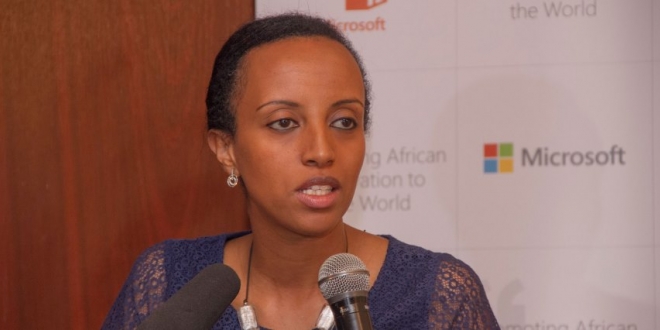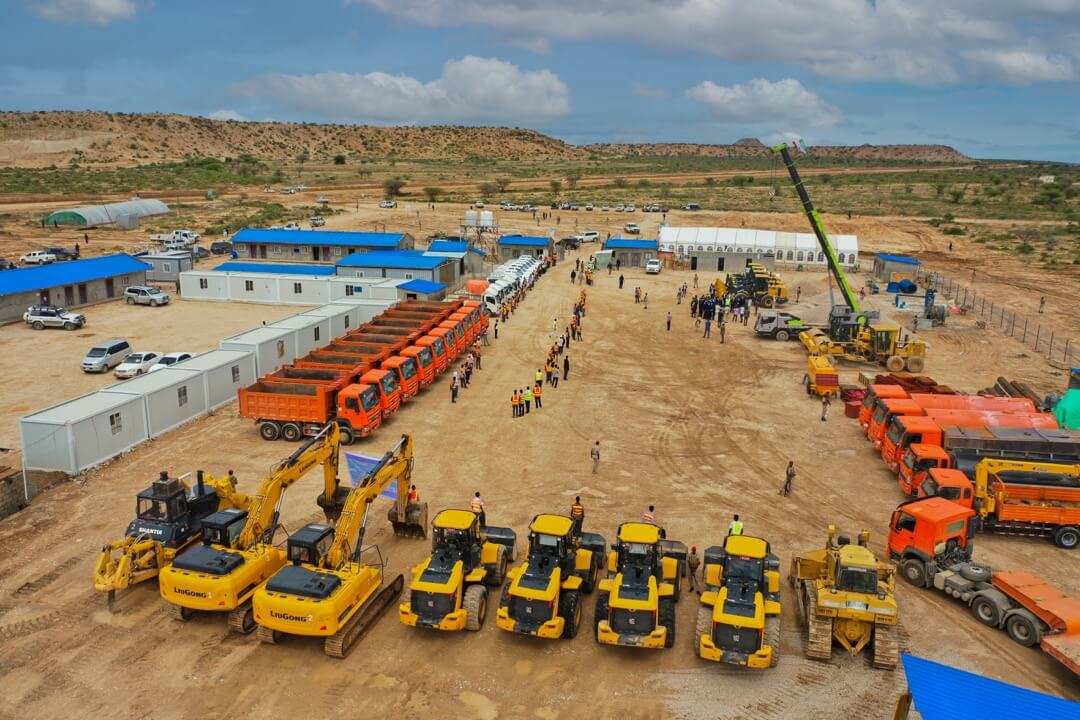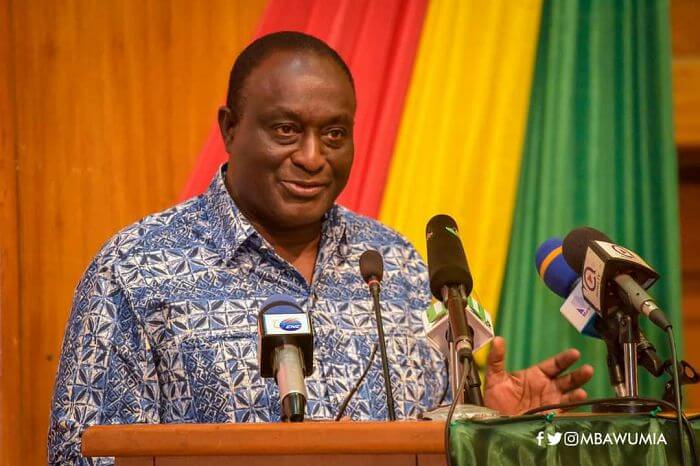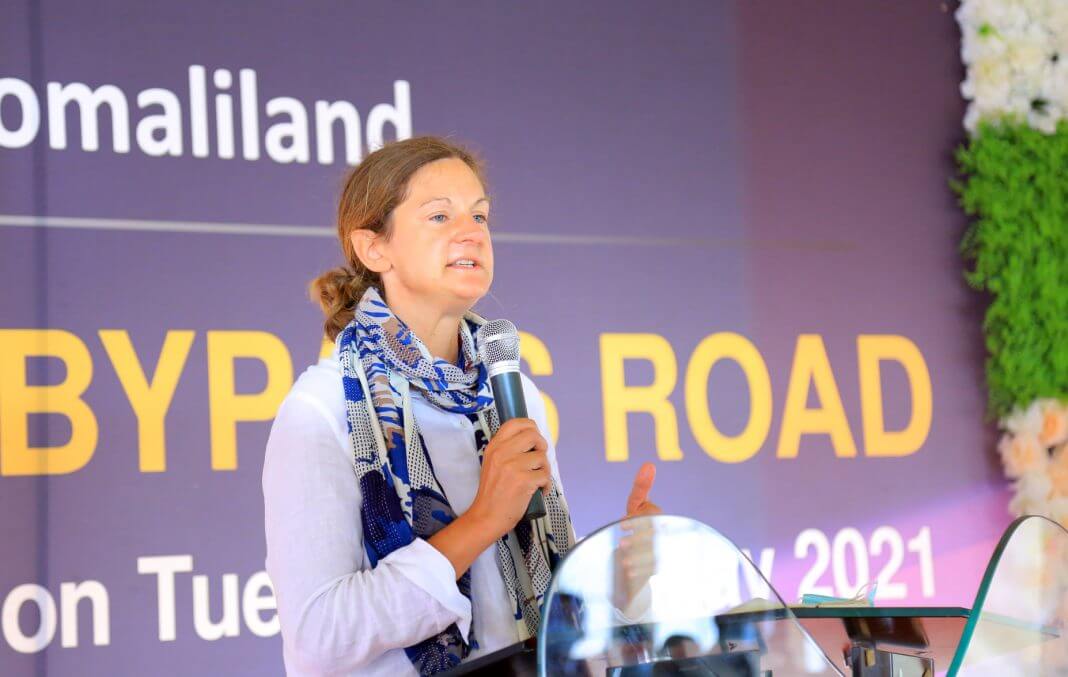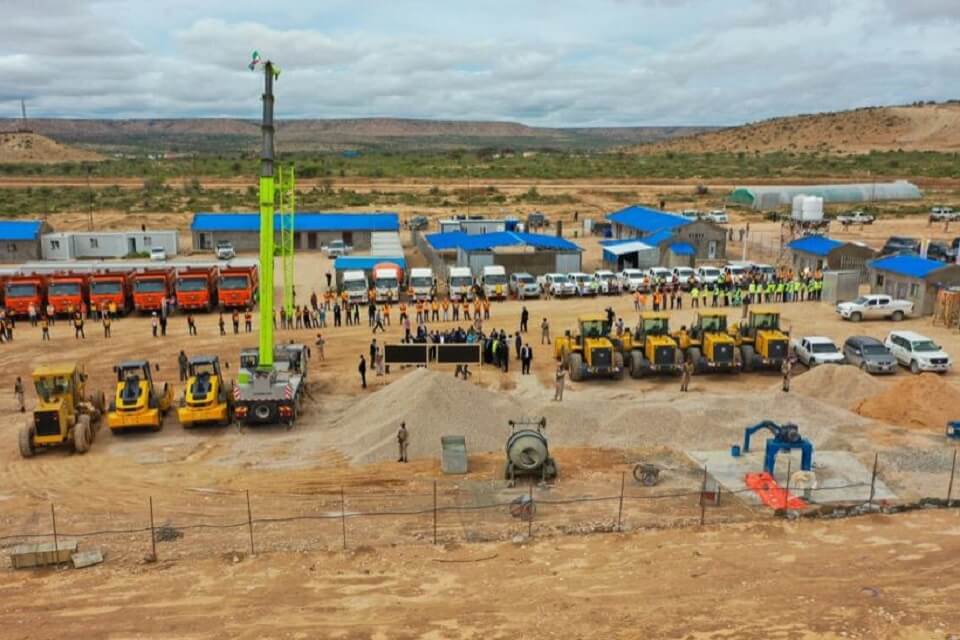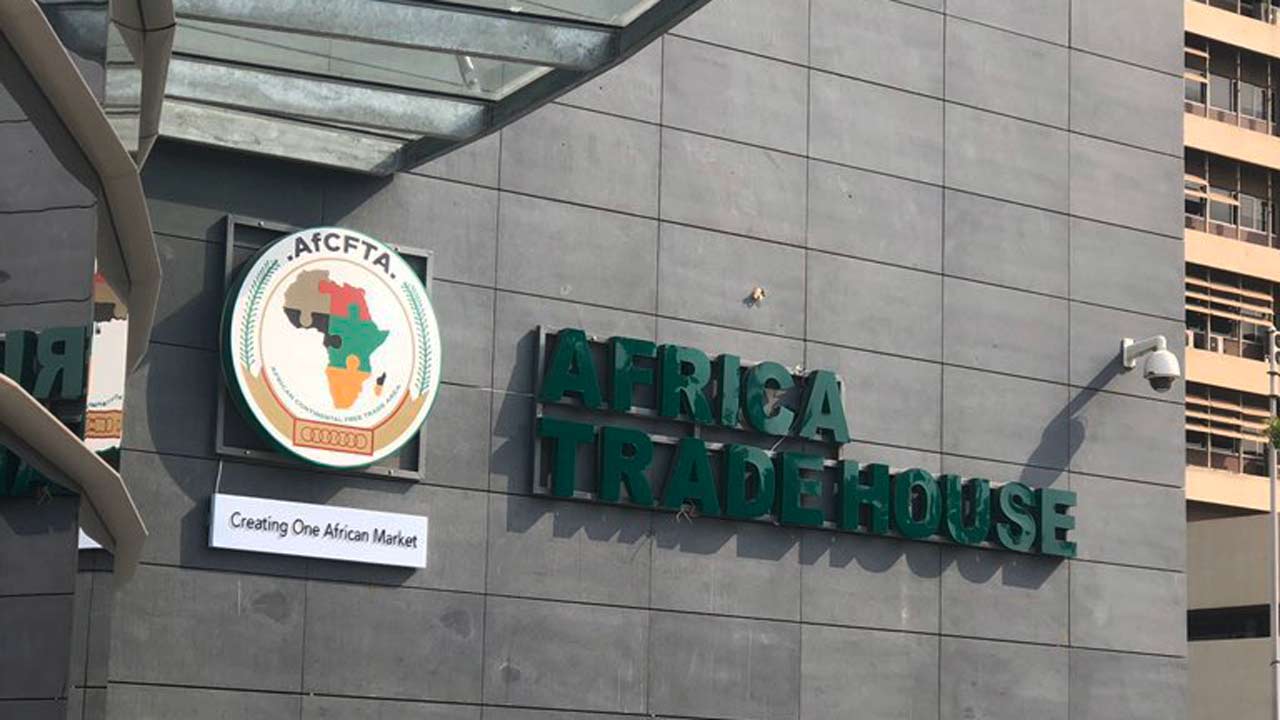Ian Lessem, Managing Partner at HAVAÍC, investors in early-stage, high-growth technology businesses, notes a significant increase in investment demand for African technology startups. Startups on the continent are at a distinct advantage because they compete out of necessity. As a result, they can, and very often do stand toe to toe with startups in more the established tech hubs of Palo Alto, Singapore, London and Tel Aviv. African innovators face local challenges so pervasive; they simply have no choice but to tackle them head on and become subject matter experts in finding solutions for real world problems like food security, health, education, safety, financial services and logistics. African technology driven solutions borne out of necessity create efficiencies, new products and opportunities, and most importantly solve local challenges that resonate globally. Because of this they have the inherent ability to leap across national boundaries and sidestep the usual rules of cultural friction. With the world having quickly adjusted to the realities of the ongoing global social and economic crisis as a result of the Covid-19 pandemic, solutions that solve real world challenges are without a doubt the best opportunities for growth. People and businesses are craving solutions that make their day to day lives easier, better and less frictional, and the pace at which they are adopting technology to do this continues to accelerate. Not only does HAVAÍC support promising startups, it also understands the power of unlocking the potential of Venture Capital (VC) as an investment class in Africa. Investing...
Why a wave of technology giants will come from Africa
Posted on: May 25, 2021
Posted on: May 25, 2021


